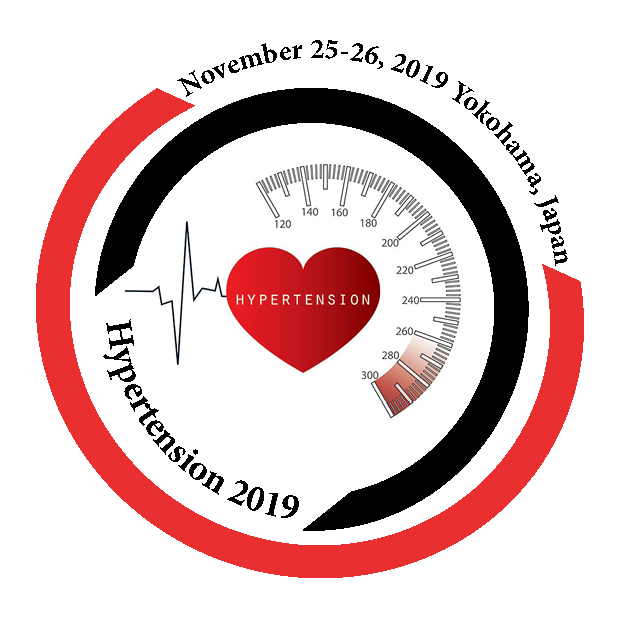Heather Vasioutovitch
DNP, FNP, BSN, RN, Lynchburg,
Title: Provider Screening for Depression in Patients Post-Myocardial Infarction
Biography
Biography: Heather Vasioutovitch
Abstract
In this scholarly project, the project leader implemented a chart audit and provider feedback intervention with the aim of improving provider referrals for patients who screened positive for depression—a risk factor in the myocardial infarction (MI) population—with the Patient Health Questionnaire-9 (PHQ-9). The clinical question was developed in order to examine whether the depression-screening tool that was implemented improved provider referrals to the in-house licensed counselor or primary care physician after an educational feedback intervention, focusing on physicians, nurse practitioners (NPs) and physician assistants (PAs). The target population involved cardiology providers and adult patients who experienced a MI, including Non-ST Segment Elevation Myocardial Infarctions (NSTEMIs) and ST Segment Elevation Myocardial Infarctions (STEMIs). The project was an evidence-based practice (EBP) project using a quasi-experimental design for purposes of auditing charts and offering educational performance feedback to the providers, with the aim of increasing referrals for patients, post-MI who screened positive for depression. A retrospective chart audit was conducted for the analyses to assess the number of referrals made for patients who screened positive for depression during scheduled follow-up visits. The providers were given an aggregate performance report that specified the findings of the group. The Two-Proportions Test and the Fisher’s Exact Test were applied, and demonstrated no statistical improvement between the pre- and post-intervention data. This project revealed significant clinical value to the practice setting. Provider knowledge, perceptions, and attitudes must be assessed as well as the need to target the nursing population.

